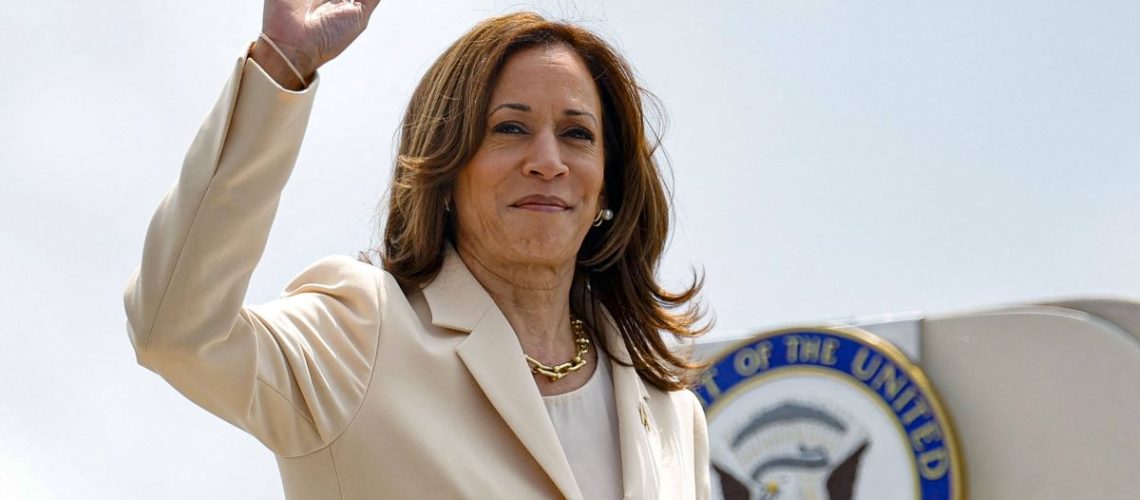As we head into the 2024 election, Kamala Harris faces Donald Trump, a candidate known for his divisive rhetoric on race. But there’s a deeper issue at play: the racist assumption that Black Americans naturally prefer Harris because of her race. Here’s why this thinking is not only inaccurate but dangerous.
Kamala Harris’s Identity: More Than Just a Box to Check
Kamala Harris’s heritage—half-Jamaican, half-Indian—has sparked debates about her racial identity. Some voters have questioned whether she truly represents the African American experience. During her 2020 campaign, Harris responded directly to these criticisms, asserting, “I am Black, and I am proud of it.”
However, reducing her candidacy to her race simplifies the complexity of Black identity in America.
In the 2024 election, this complexity becomes even more significant, especially when running against Trump, who often frames race in stark, polarizing terms. For instance, Trump has a history of making racist comments, including during his presidency, when he referred to African nations in a deeply derogatory manner and repeatedly used dog-whistle language that catered to white nationalist sentiments.
Assuming that Black Americans will automatically support Harris because of her skin color overlooks how thoughtful and politically engaged Black voters are.
Black Voters Prioritize Policy Over Identity
Black voters are politically diverse and prioritize candidates based on policies, not just identity. Although Harris is celebrated for breaking racial and gender barriers, many in the Black community are critical of her record as a prosecutor. Some Black voters express concerns about her role in mass incarceration and the broader criminal justice system. Harris’s critics argue that her policies didn’t serve Black Americans but rather contributed to systemic oppression.
In a race against Trump, whose administration was marked by policies seen as harmful to minorities—like his controversial immigration policies and lack of support for criminal justice reform—Harris’s track record will be scrutinized by Black voters. To assume their automatic loyalty is not only inaccurate but dismisses their ability to evaluate policy critically.
Trump’s Racially Divisive Rhetoric
Donald Trump’s relationship with race has been fraught with controversy. From his 2017 comments on the Charlottesville “Unite the Right” rally—where he said there were “very fine people on both sides”—to his infamous tweet to “go back” directed at four congresswomen of color, his presidency was marked by racially insensitive language and actions.
For Black voters, Trump’s rhetoric has often felt like an attack on their very identity, yet it would be a mistake to assume that Harris, by virtue of being a woman of color, automatically represents their political interests. The 2024 election presents a complex landscape where voters of all backgrounds will weigh policy and rhetoric carefully.
Beyond Tokenism
The idea that Black people will automatically rally behind Harris because of her race reflects a shallow understanding of representation. While having leaders of color in office is important, voters are increasingly calling for substance over symbolism. Representation without meaningful action is seen as hollow, especially in a political climate where the stakes are high for marginalized communities.
In 2024, Kamala Harris will face the challenge of proving that her policies can address the systemic issues Black communities face, such as voter suppression, economic inequality, and police brutality. Running against a candidate like Trump, who has downplayed racial inequality, Harris must offer concrete solutions, not just rely on her identity, to win over Black voters.
It’s Time to Move Beyond Racial Assumptions
In 2024, assuming that Black voters will naturally prefer Kamala Harris because of her race is a racist and reductive idea. Voters are complex, and their preferences are shaped by much more than skin color. The assumption that racial identity is the sole driver of voter support dismisses the political sophistication of Black Americans and diminishes the importance of policy and accountability.
In this election, as in any, representation must be coupled with action. Black voters are not a monolithic group—they deserve candidates who understand their issues and are committed to real change, not just identity politics.
Featured Image Credit: Shutterstock / Group Pictures.
The images used are for illustrative purposes only and may not represent the actual people or places mentioned in the article.
For transparency, this content was partly developed with AI assistance and carefully curated by an experienced editor to be informative and ensure accuracy.

